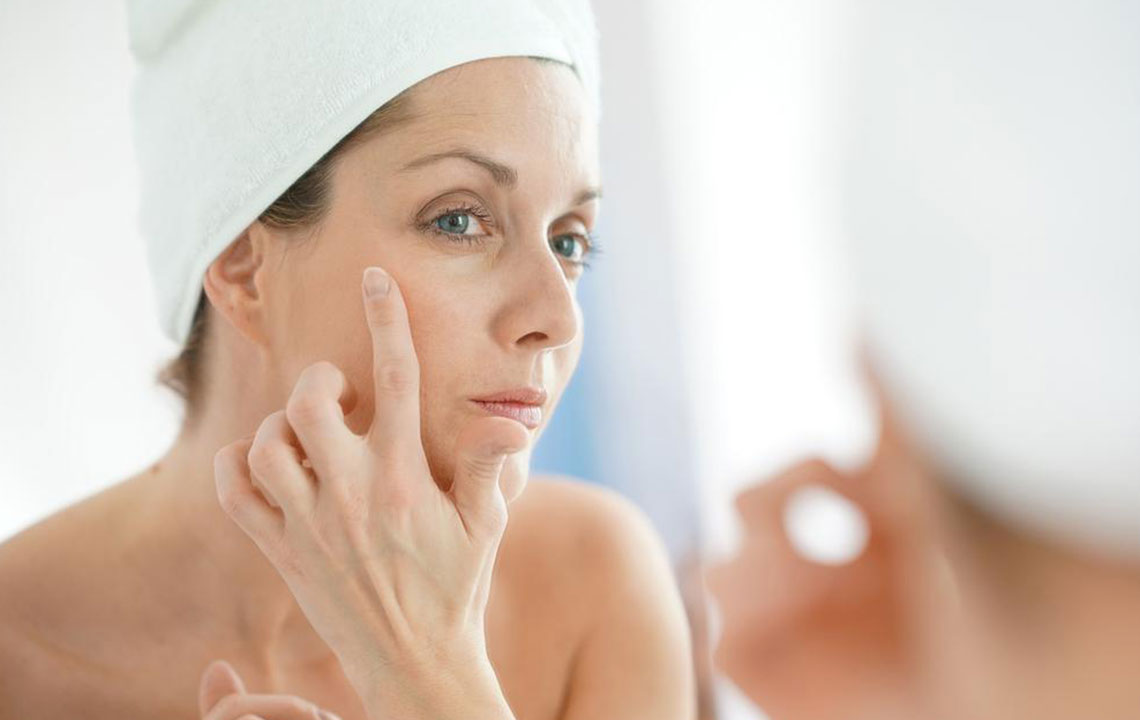Find Relief with These Eczema Moisturizing Creams

Eczema is a fairly common dermatological condition that is not contagious. There are multiple factors to trigger an outbreak of eczema over different areas of the skin. These factors vary from environmental factors to food allergies. Treatment for eczema focuses mainly on healing damaged skin and managing the symptoms.
There are two types of eczema. The first is a skin condition that manifests through rashes; the other is known as atopic dermatitis. Atopic dermatitis usually manifests at infancy and continues to show during childhood. Often people start developing atopic dermatitis at the age of 5 or below. The majority of those who suffer from this type of eczema continue to experience the symptoms into adulthood. Cures for eczema are not known; however, it can be managed using various techniques and eczema moisturizing creams.
Types of eczema
Both types of eczema can be further divided into further categories.
- Allergic contact dermatitis: This type of dermatitis or eczema manifests when the body’s immune system reacts to what it considers a foreign substance allergen. This type of dermatitis can be treated and managed by eczema moisturizing creams within a few minutes of bathing in lukewarm water. Air-dry instead of rubbing the skin to avoid irritating the rash. Investigate the allergen and avoid it as much as possible.
- Neurodermatitis: This type of eczema manifests through scaly patches on the head, lower legs, forearms, and wrists. The usual cause of this varies but is most commonly due to an insect bite. Treat it with various eczema moisturizing creams. Use gentle soaps while bathing in warm or lukewarm water. Do not scratch.
- Nummular eczema: This type of eczema is seen with circular patches of irritated skin that are crusted with scaling and are itchy.
- Seborrheic eczema: The skin breaks out in oily, scaly yellowish patches around the scalp and face.
- Stasis dermatitis: This type of eczema manifests as a skin irritation on the lower legs and is usually related to circulatory problems.
There are many ways one can deal with eczema. Most people are put on a host of medicines that will shore up their body’s defense. However, since eczema is a condition that affects the skin, it is imperative to increase the protection of this barrier.
- Prescription strength eczema moisturizing creams: Moisturizing creams come in three basic varieties, and you must discuss them all with your dermatologist.
- Ointments: Ointments have a large concentration of oils and any drug they might contain. Since they are so rich in oils, they create a protective layer on the skin which prevents any loss of moisture. Some ointments have a small amount of water in them to make them more spreadable. They are an excellent choice to help the skin retain its moisture levels. However, ointments are not preferred much because of their greasiness.
- Creams: Creams are usually thick. They are emulsions of oil and water. Creams are less greasy than ointments due to the lower concentration of oils and are much more easy to apply. Most creams come with stabilizers to ensure that the water-oil emulsion does not lose its structural integrity. These additives can cause adverse allergic reactions in some patients. Consult with your doctor before using any cream on your already sensitive skin.
- Lotions: Lotions are similar to creams, except that the main ingredient in it is water. This makes it almost entirely non-greasy. However, this same composition makes it unsuitable for people suffering from severe conditions like dry skin. As the water in the lotion begins to dry up, the skin will also lose a lot of moisture.
Tips for choosing eczema moisturizing creams
- Check the label at the back of the product for a full set of ingredients. It is necessary to ensure that you are not allergic to any of the products.
- Choose moisturizers that sport the National Eczema Association Seal of Acceptance. You can check the list online before you decide to hit the shops.
- After you buy the cream, make sure you do an allergy test. This involves applying the cream to a small area on your wrist or elbow. Wait for up to two days and observe the skin. If the skin does not break out in any rashes, then go ahead and use the cream.
- There are many eczema moisturizing creams available in drug stores today. Some of the popular brands include Neosporin, Cetaphil, Brevena, Cera Ve, Mustela, and Vaseline. Consult with your doctor on how best to use these products.
Remember to take warm showers while ensuring that you apply any of the eczema moisturizing creams three minutes before stepping into the water. This practice will help lock in the moisture of the skin. Use a mild soap and wear soft, loose-fitting clothes made from cotton. This will ensure that your skin is not irritated.



